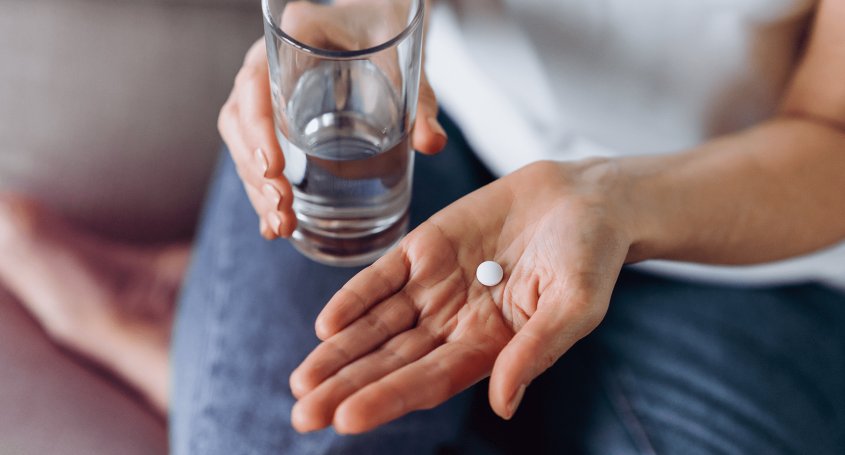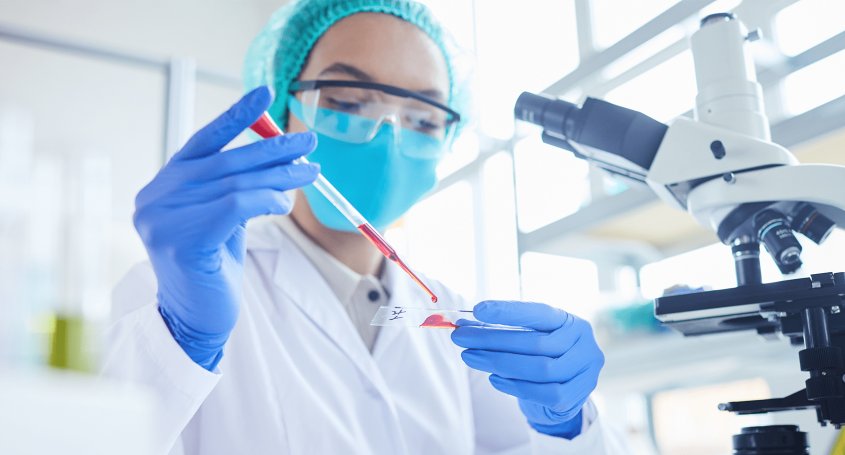All women, especially during their reproductive years, physiologically produce low concentrations of male sex hormones, or androgens. Hyperandrogenism is defined by an excess of androgens in a woman's blood.
What is the main cause of hyperandrogenism?
One of the main causes of hyperandrogenism in women of childbearing age is polycystic ovary syndrome (PCOS).
PCOS is associated with hormonal changes that affect ovulation. The ovaries of women with PCOS are characterized by being multifollicular, but ultrasound alone is not a criterion for PCOS if it is not accompanied by menstrual changes and/or excess androgens.
As a result, women with PCOS may have irregular menstrual cycles, with oligoovulation (infrequent ovulation) or anovulation (absence of ovulation).
Although PCOS is the most common cause of hyperandrogenism, its diagnosis must be confirmed and other possible causes ruled out, such as congenital adrenal hyperplasia, the presence of androgen-secreting tumors, and hyperprolactinemia.
Which hormones are elevated in hyperandrogenism?
The main hormones involved in hyperandrogenism are:
- Testosterone
- Androstenedione
- Dehydroepiandrosterone (DHEA-S).
These hormones can be measured by a blood test.
What are the symptoms of hyperandrogenism?
In addition to menstrual disorders, hyperandrogenism can cause clinical signs such as:
- Hirsutism: excessive hair growth in typically male areas such as the face, chest, or back.
- Persistent or severe acne.
- Seborrhea.
- Androgenetic alopecia: hair loss following a male pattern.
Hyperandrogenism and its relationship to fertility
Hyperandrogenism can directly affect women's fertility due to its negative impact on ovulation. Excess androgens alter follicular maturation and can prevent the release of eggs.
However, with proper diagnosis and comprehensive management, many women can regain adequate ovulatory function and increase their chances of pregnancy.
Some recommendations for fertility are:
- Lifestyle changes: weight loss, a balanced diet, and regular exercise can improve insulin sensitivity and reduce androgen levels.
- Drug treatments:
- Antiandrogens: help reduce the clinical effects of excess androgens, such as hirsutism or acne.
- Insulin sensitizers: can help restore ovulation, especially in women with insulin resistance.
Hyperandrogenism can affect both hormonal health and female fertility. Recognizing its signs and having a proper diagnosis allows for an individualized and effective medical approach to improve the reproductive options for women with PCOS.
Dr. Cristina Guix
Expert fertility gynecologist at Barcelona IVF















